
Victim of “online kidnapping” at the police station after being rescued - Photo: Provided by the police
At the conference on the results of the socio -economic situation of Ho Chi Minh City in July; tasks and solutions for August 2025 held on the morning of August 9, Lieutenant General Mai Hoang - Director of Ho Chi Minh City Police - said that so far, 28 victims of "online kidnapping" have been rescued.
According to the Ho Chi Minh City Police Department's Criminal Police Department (PC02), this type of crime mainly targets students aged 18 to 22.
The victim is gullible, trusting, and easily manipulated psychologically.
A familiar motif of "online kidnapping" crimes is to contact victims via social networking applications such as Zalo, Viber... They impersonate the police, the prosecutor's office and use fake words and images to threaten the victims to make them afraid and transfer money. Not stopping there, the subjects also contact the victims' relatives via similar applications to demand money transfers.
ransom
The crime of "online kidnapping" is extremely sophisticated because it can manipulate the victim's psychology to make them do whatever they want. In some cases, the victim is even lured into traveling more than 350km to "cooperate with the investigation" like the case of TGV (18 years old, living in Cho Lon ward) who was recently successfully rescued by Ho Chi Minh City Police.
Accordingly, on the afternoon of August 4, Mr. TVN (53 years old, TGV's father) went to Cho Lon Ward Police to report V.'s unusual loss of contact. Cho Lon Ward Police coordinated with the local team and the Special Criminal Police Team (PC02) to quickly investigate. At 10:00 p.m. the same day, detectives determined that V. took a technology taxi to Tan Lap Ward, Dak Lak Province.
Realizing that V. showed signs of being "kidnapped online", a detective team immediately set out to find V.. At about 4:45 a.m. the next day (August 5), Ho Chi Minh City Police criminal investigators inspected a motel on Dinh Nup Street, Tan Lap Ward and rescued
success V..
At the time of the inspection, V. was alone in the motel. At the police station, V. said that on August 3, he received a phone call from a stranger informing him of an order and asking to add the "shipper" on Zalo to know the details of the order.
After making friends with the Zalo account named "Quoc Thang", V. received a video call. On the other side of the screen was an image of a person handcuffed, on the table were packages with names, dates of birth and addresses written on them.
V's only..
Then, the person calling V. turned the camera back to himself in a police uniform and told V. that it was drugs. This person informed the handcuffed person that V. needed 600 million VND so he joined this drug trafficking ring.
These people said that in order to refute the arrestee's testimony, V. must have 600 million VND or more to prove that V. has assets and is innocent. During the "work", V. had to install the Zoom application so that they could monitor all operations on his phone and laptop.
Because V. did not have much money, they suggested a "scenario" for the university to let V. study abroad and to go, he would need to have 600 million VND to prove his financial status, with the purpose of tricking V.'s relatives into transferring money. The subjects forged a study abroad notice from a university and sent it to V., then V. sent it to his father.
However, the father recognized it as a scam, so he refused and warned V. that it was a scam and not to be believed. The "scenario" to prove financial resources for studying abroad failed, so they turned to luring V. to search for jewelry to sell with the promise that after finishing the job, they would send someone to the gold shop to buy it back.
So V. took his mother's gold and sold it for 49.9 million VND, transferring the money to them. Not satisfied, the scammers continued to ask V. to borrow 30 million VND through the app to transfer to them. In total, V. transferred 79.9 million VND to the scammers.
What should students and schools do?
According to Dr. of Sociology and Master of Psychotherapy Pham Thi Thuy (lecturer at the Regional Political Academy II), to limit this situation and bring an increasingly safe living environment for young people, schools, families and students themselves all need to take measures.
For schools, there are three main measures needed. First, it is necessary to immediately disseminate to each student the tricks of online kidnappers as announced by the authorities. This dissemination will be carried out through many measures such as announcements on the school's information channels, student groups, sending warnings to each student via newsletters...
Of course, the kidnapper's methods will change frequently, but with this propaganda, the school will be warned of the phenomena that are happening every day and that everyone needs to be vigilant. Students will know and be more careful.
Second, schools need to train students in online safety skills and skills to prevent fraud, including online kidnapping. Students really need specialized agencies such as the police to provide them with the necessary skills to prevent the risks of fraud and kidnapping.
Third, the school should agree with students and their families on the rules of work, exchange, and communication in issues such as tuition, administration, etc. For example, where will the school send these documents to avoid the school being impersonated and having its seals defrauded by students?
members, parents...
According to Ms. Pham Thi Thuy, we must ask why students are scammed and kidnapped online? In fact, when they have problems, they often do not confide in their parents. That is the root of the problem. Therefore, to limit online kidnappings, families also need to take measures.
Kidnappers have many tricks and many scenarios. One of the reasons scammers are able to trick students is that these students often lose connection with their families, so when problems arise, they solve them themselves.
Therefore, parents of students need to change. Families need to see if they care for students properly. Families need to communicate and care for them, especially students who study far from home. Families need to have ways to communicate so that children can trust and feel secure to come to their parents when they have problems.
Parents must change to be a solid support for their children, creating a good mentality for each student. Family is the foundation for each student to best prevent fraud on social networks as well as online kidnapping.
For students themselves, they must update themselves with information about scammers from school and family. They must follow the news and not be subjective to be careful.
You should also absolutely not post private personal information on mass media channels or social networks to become a target for scammers. In addition, even though you are over 18 years old, you should not contact, trust, or place your trust in anyone on social networks that you do not know in real life.
You also need to note that the way government agencies work is not through phone calls. This helps you reduce the risk of being scammed, you must update this information yourself.
And especially, when you receive any threatening information, you need to remember that the people who need to know that information are your parents and you should trust them to share it with your parents or the school to find a solution. In these cases, you should not act on your own.
handle.

Mr. DO DINH DAO (Principal of Nguyen Huu Tho High School, Ho Chi Minh City)
We work closely with schools and families to help students best avoid current fraud methods.
In addition to equipping children with skills to prevent online fraud and kidnapping, schools and families will build a foundation of support and trust for them to share, confide in, and seek help when they have problems in life.
This is something our school will do long term through our leadership, curriculum, activities and connections with families and students.
Police do not work over the phone.
Lieutenant Colonel Dinh Duc Thang - Captain of the Special Criminal Police Team (PC02) - said that Ho Chi Minh City Police affirmed that the police agency absolutely does not work over the phone, nor does it ask people to provide personal information or transfer money to prove that they have not violated the law. When suspecting that a relative has been kidnapped, even if they have been kidnapped, people should immediately go to the nearest police agency to report it.
Ho Chi Minh City Police recommends that the authorities do not work over the phone, do not ask people to transfer money or enter OTP codes. When encountering similar cases, people should turn off their phones and report to the nearest local police or call the hotline 0693.187.200 (Criminal Police Department) or 028.3821.7080 (Special Criminal Police Team) for timely support.
Source: https://tuoitre.vn/cach-nao-ngan-bat-coc-online-hoc-sinh-sinh-vien-20250810234540125.htm




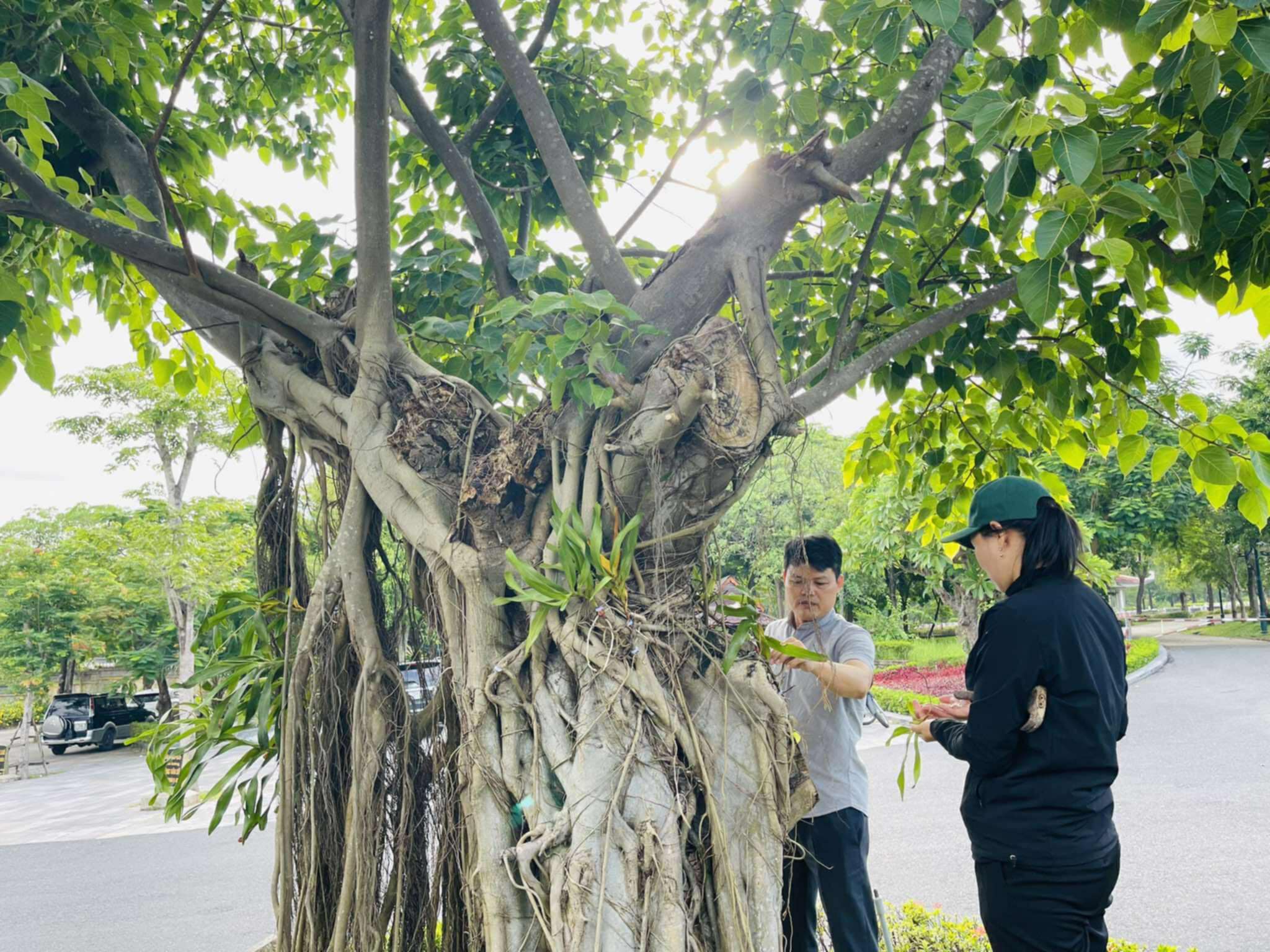


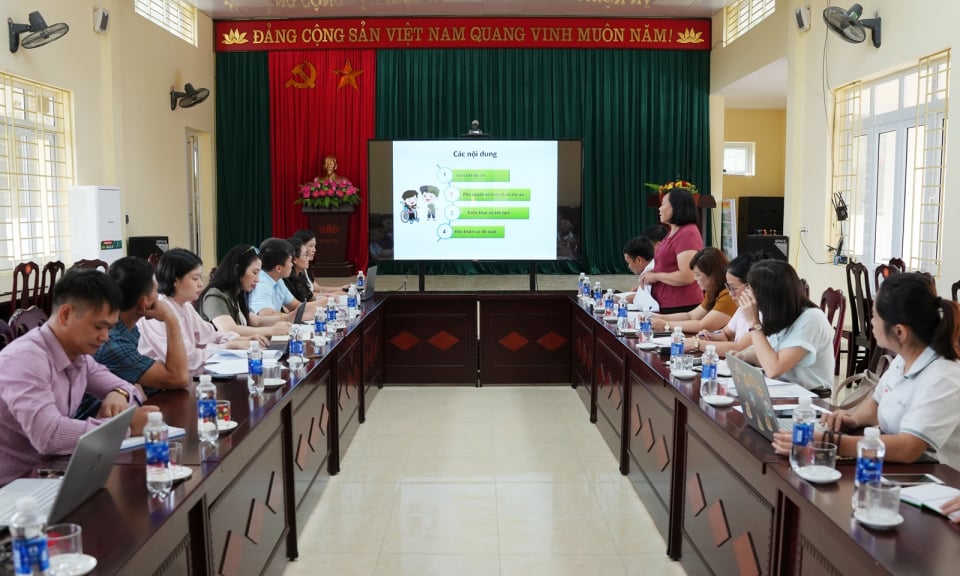
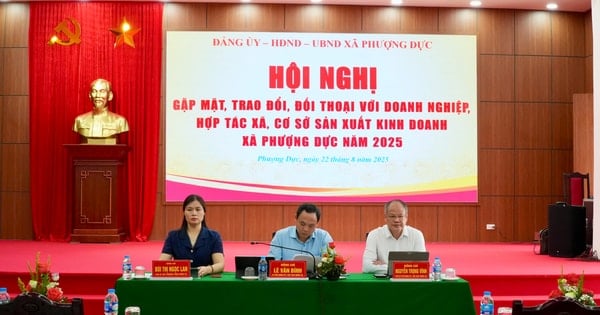


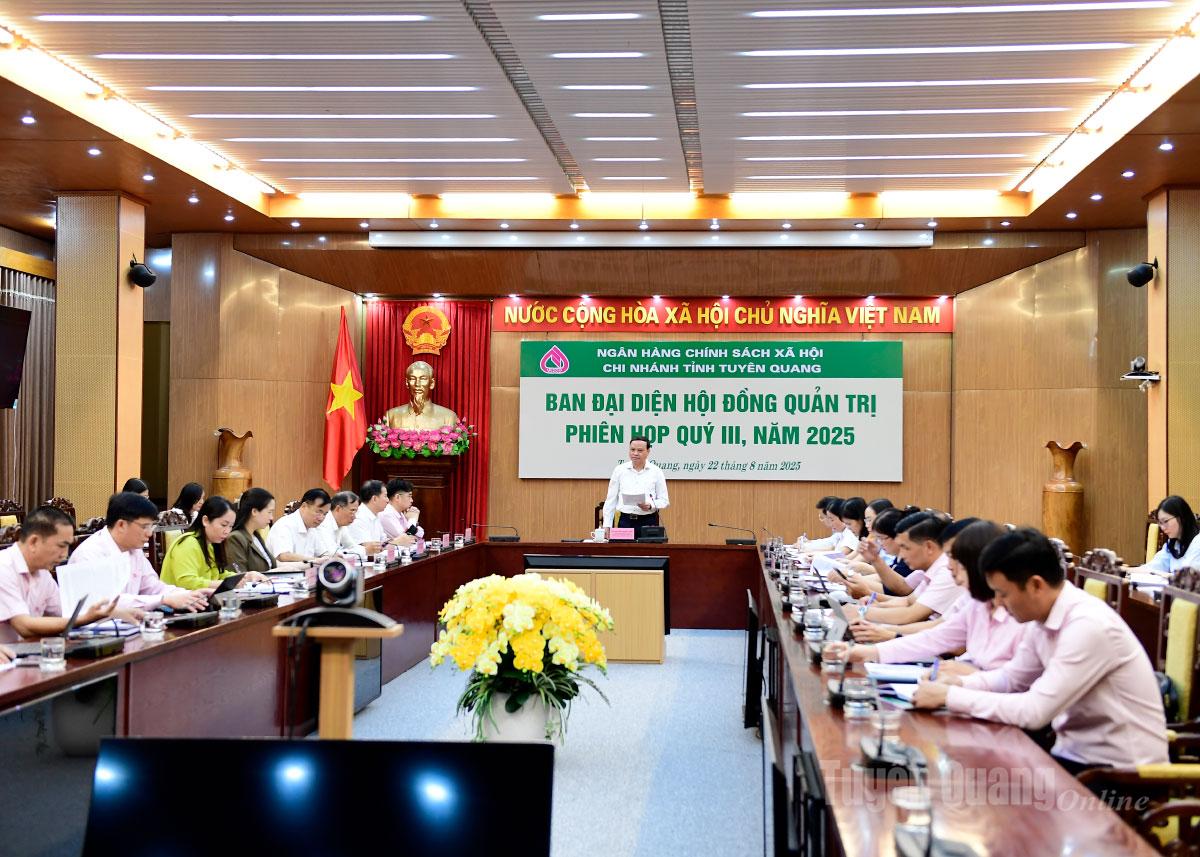
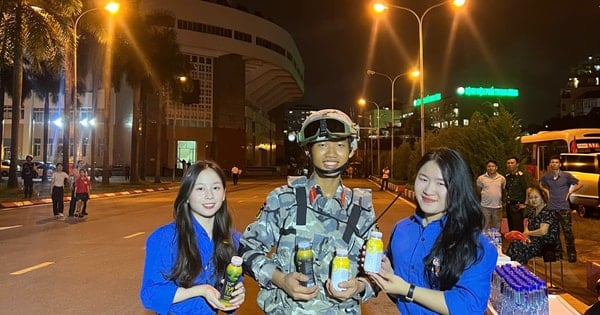














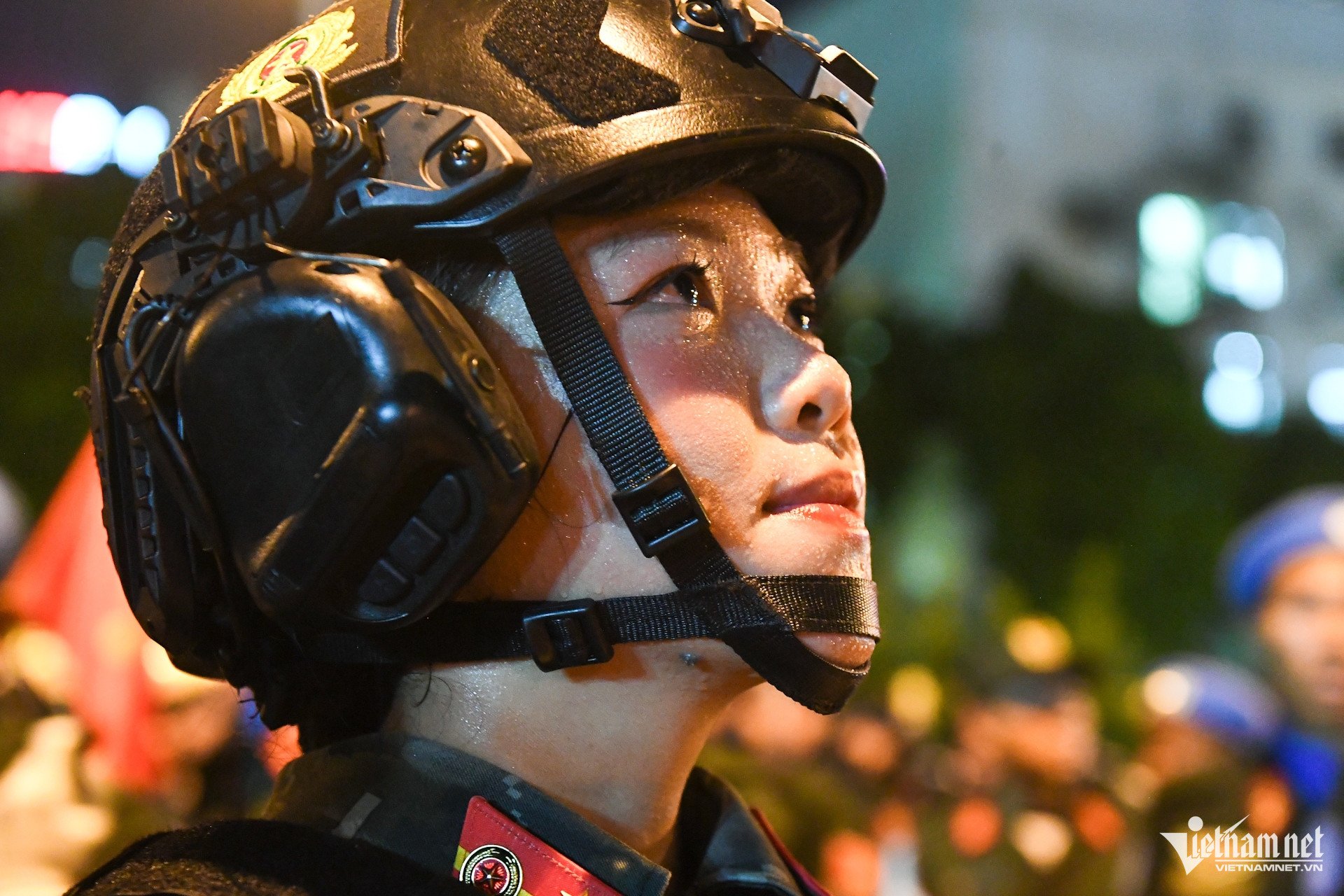




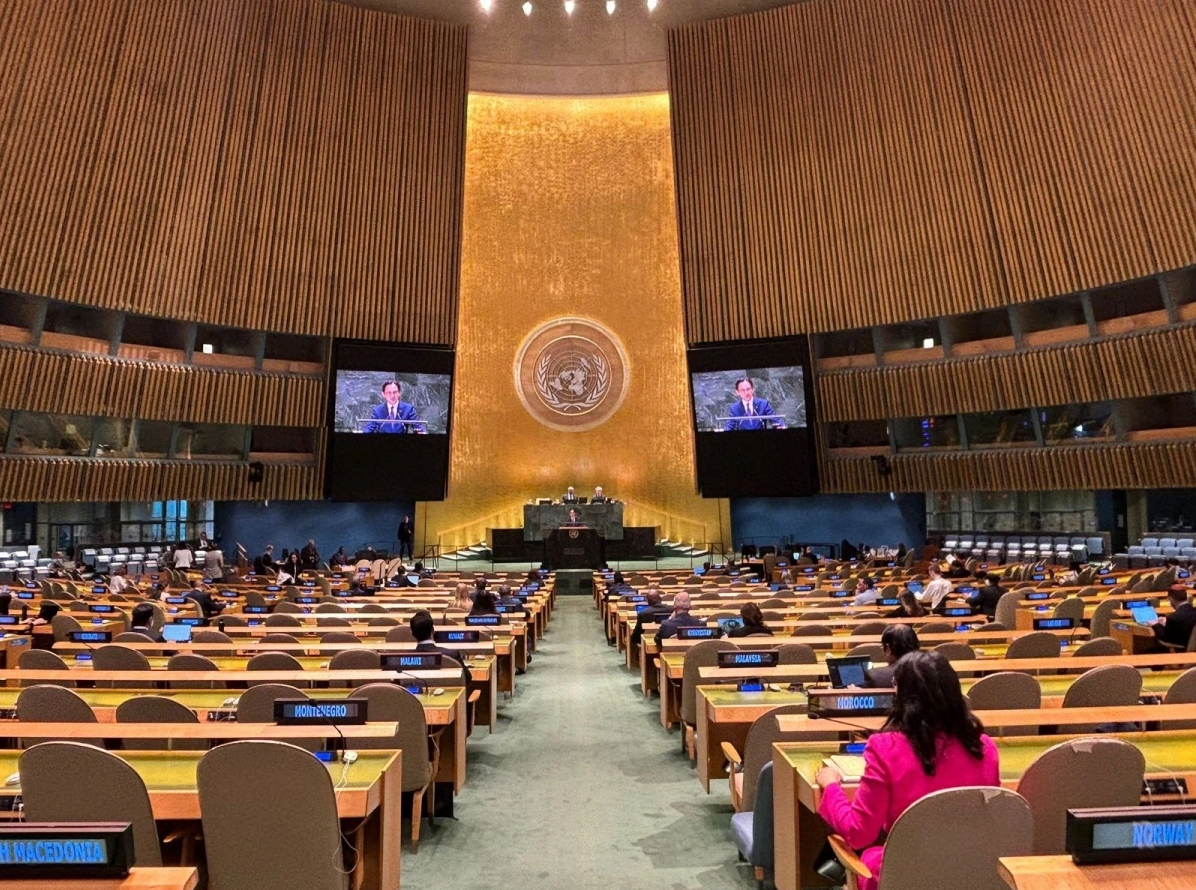














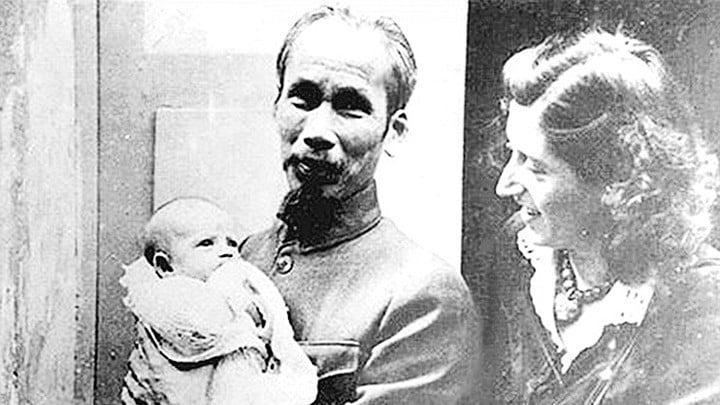













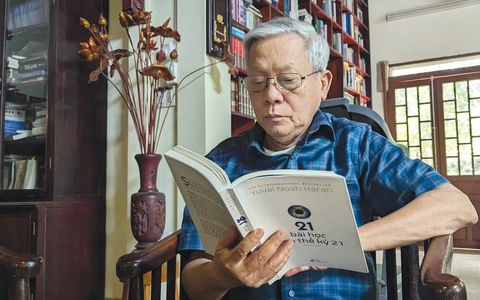
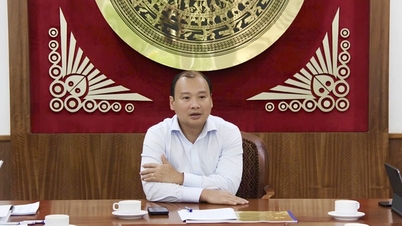








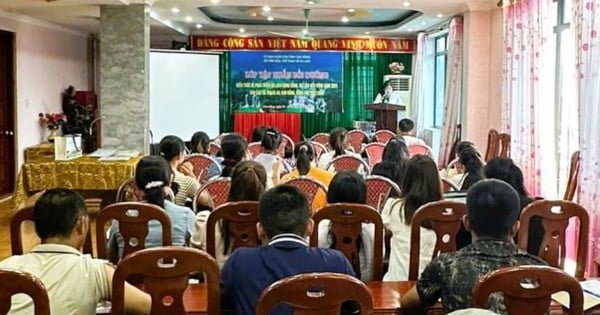
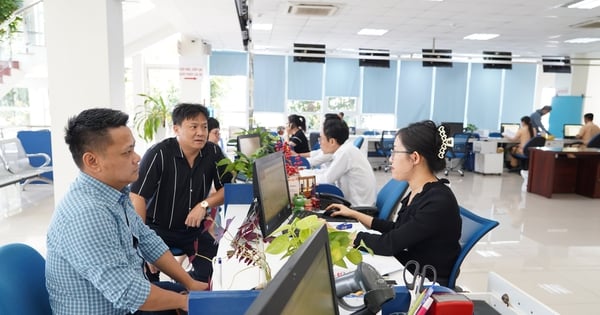























Comment (0)